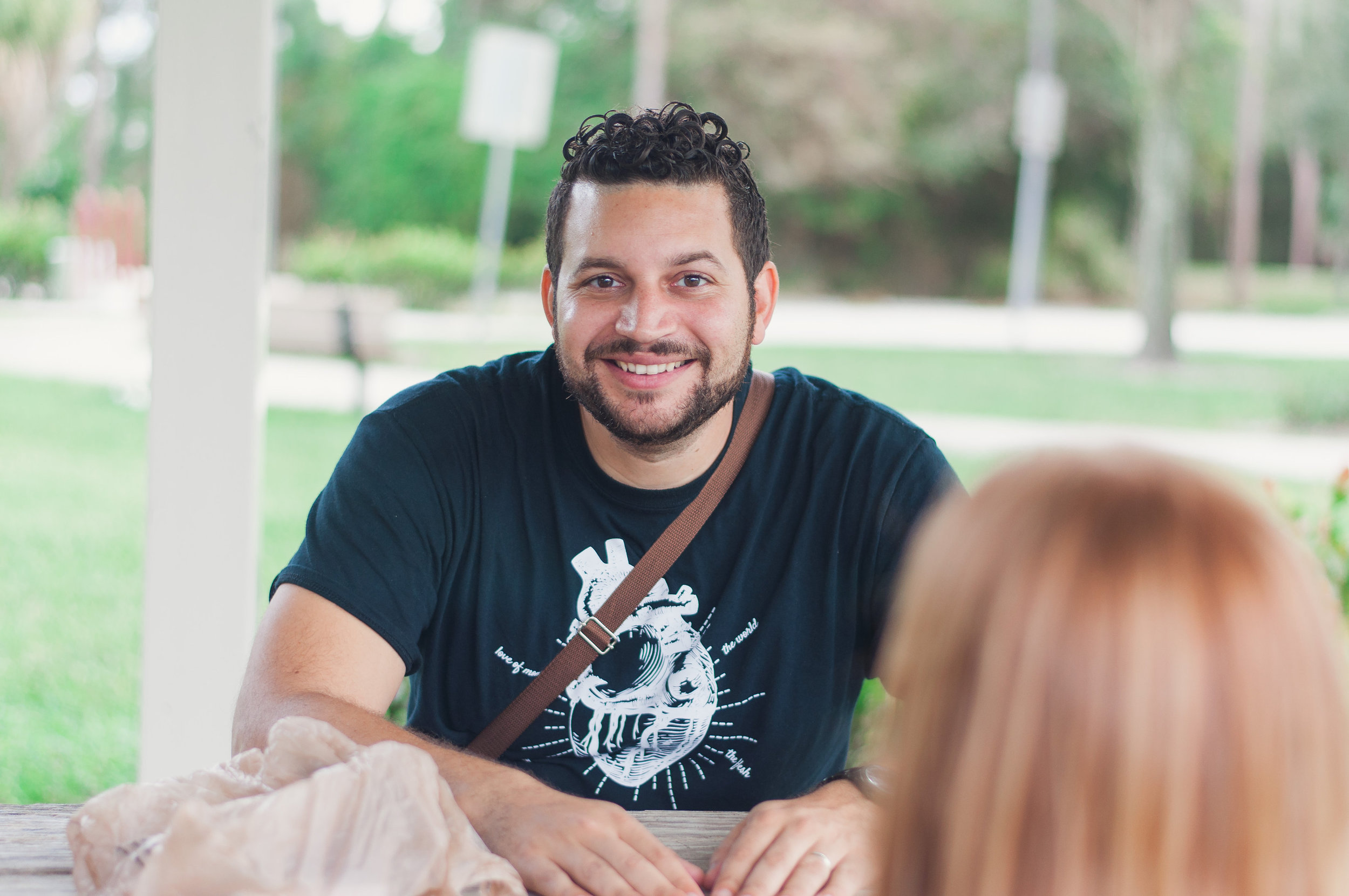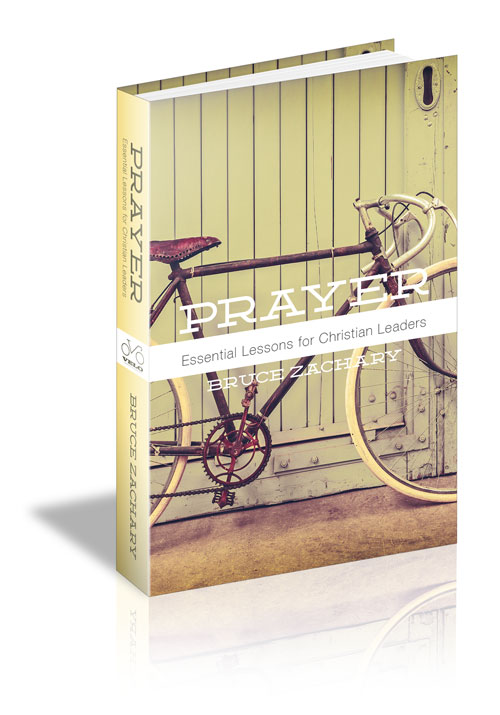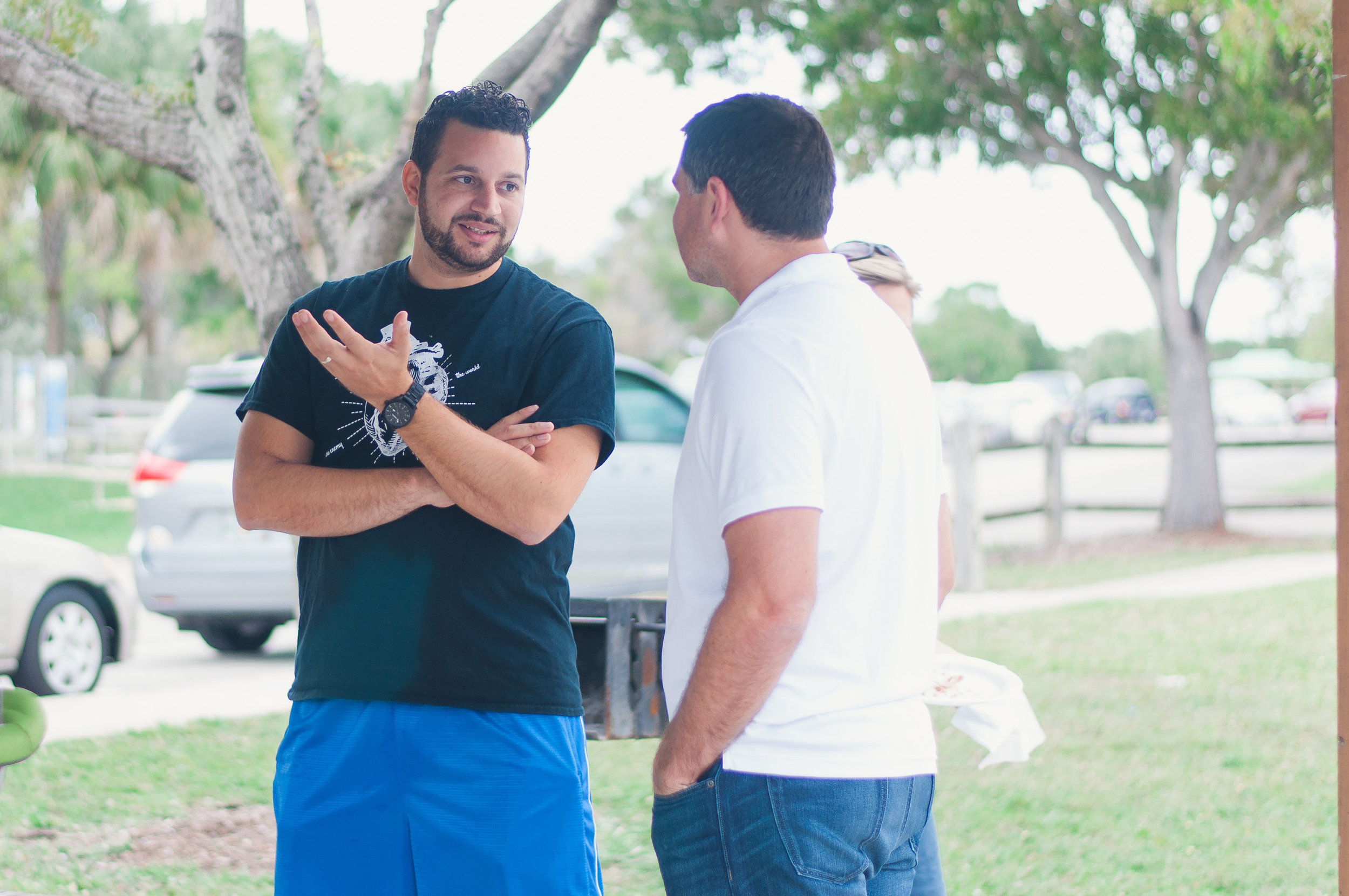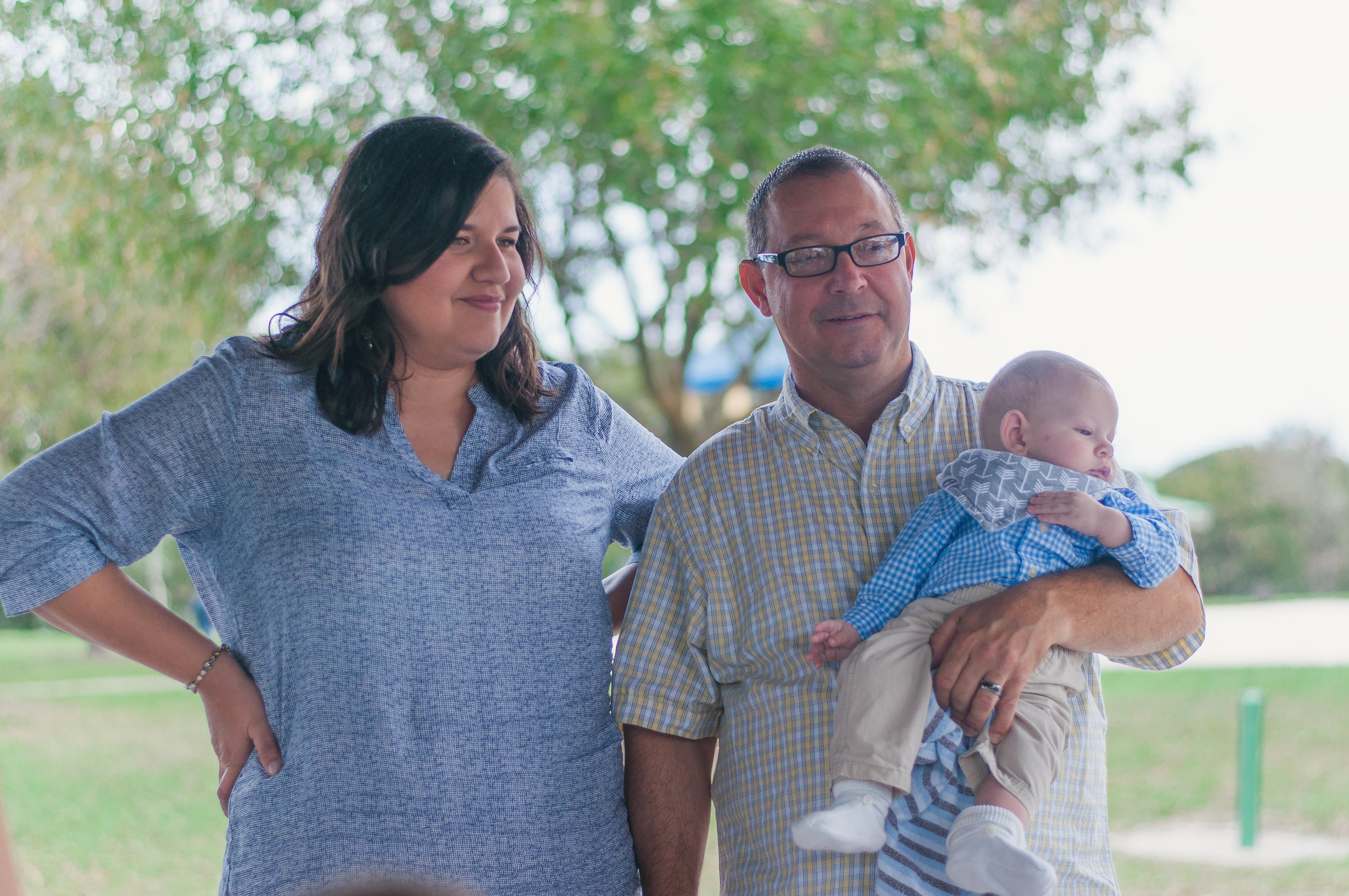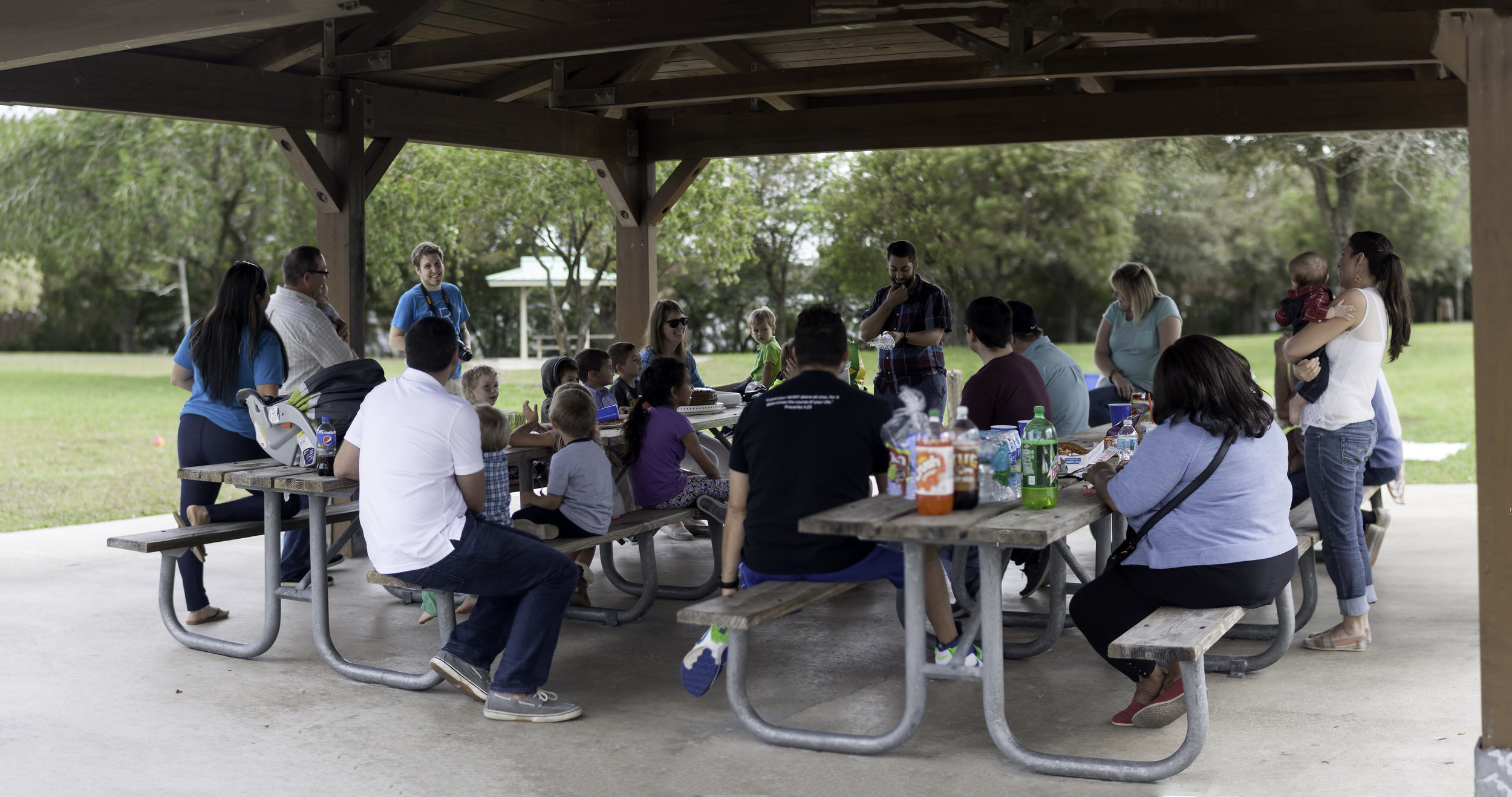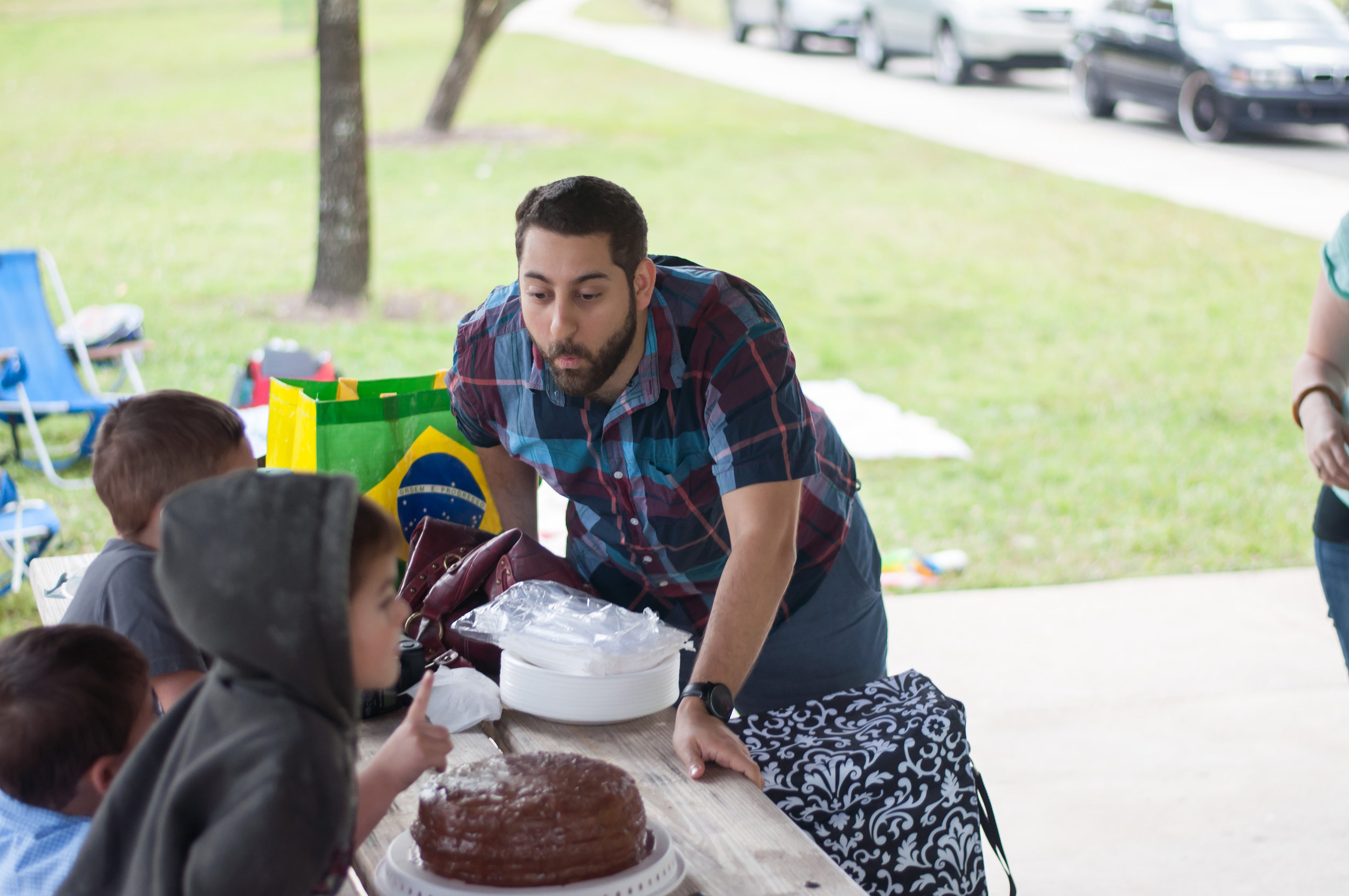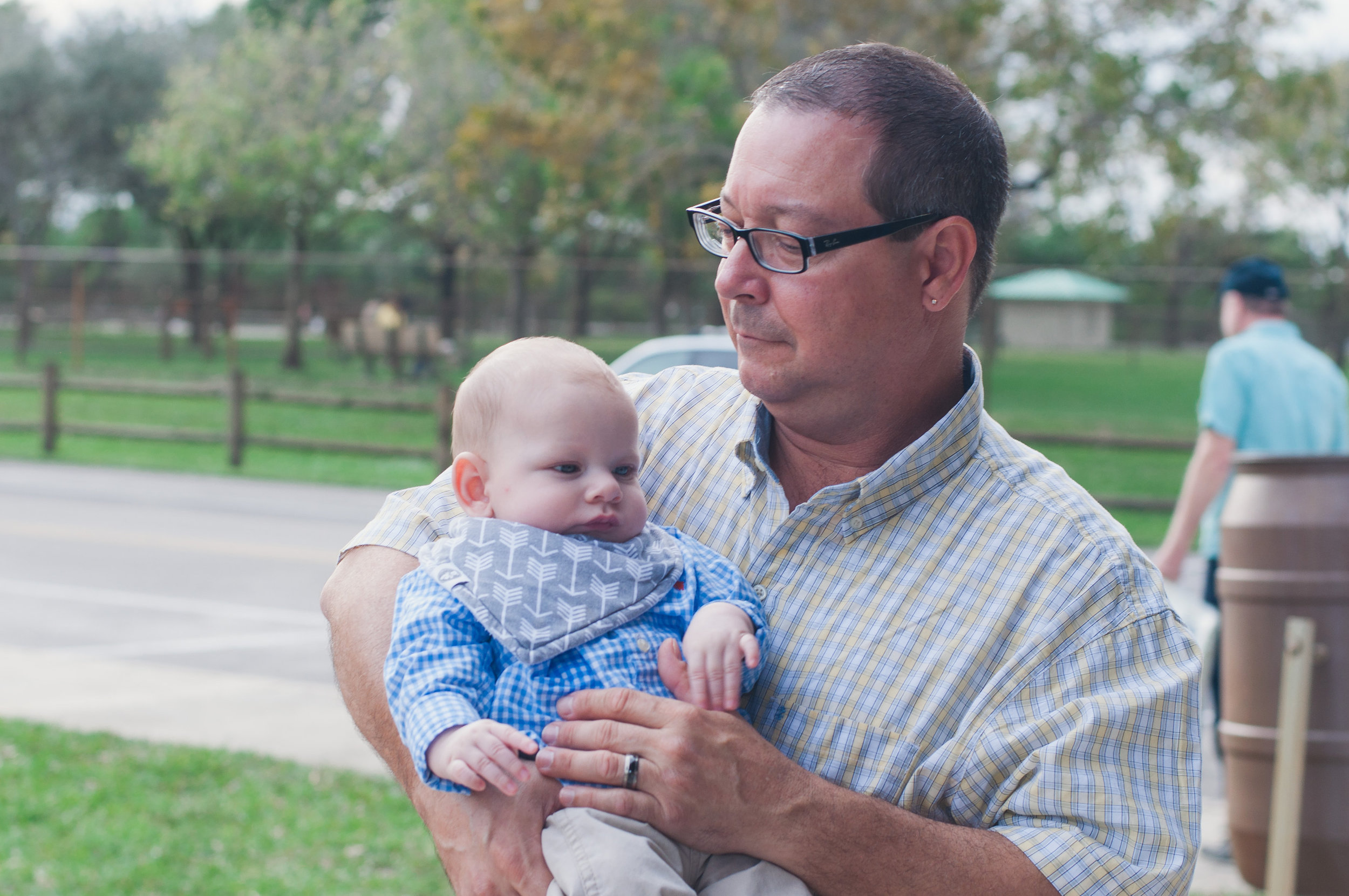Whether we like it or not, work takes up a lot of our lives. If you include your job, housework, errands, and the like, you will spend at least half of your life doing “work”. As our God has told us to “redeem the time” and “make the most of every opportunity," it is necessary for us to realize how to worship God in our work.
So often, work is viewed as punishment. However, this is not the way God primarily views work, and neither should we. True, if a child breaks something, you might have them “work it off” with chores in order to help instill in them them the value of things and to care for the things we have. However, the original purpose of work is not punishment, but an opportunity to worship God. Contrary to common thought, work was not instituted as a punishment of sin. It begins before the fall of man and sin entering the world in Genesis 2:15:
“The LORD God took the man and put him in the garden of Eden to work it and keep it."
The very first “job” was a groundskeeper for God’s garden, Eden. Could you imagine having the privilege to take care of God’s original creation? I don’t know if animals came to assist Adam and Eve as they did Snow White, but I’m sure it was a glorious endeavor nonetheless.
What can we take away from this?
If God instituted work before the fall, then that makes work an inherently good thing. God did say that work would become more difficult and painful because of the fall (Genesis 3:17-19), but that doesn’t negate it’s original design. Remembering that God instituted work before the fall helps remind us that God has a purpose for us in our work that is outside of living in a world ruined by sin and its affects. That purpose is to worship God, to give an “expression of reverence” towards God, in our working. And just as in every other area of life, we do this by living out God’s initial intent and purpose for our lives regarding our work.
Many people assume that the only “worshipful” work is one of a pastor, staff member of a Christian organization. The truth is that God doesn’t separate between the spiritual and the secular when it comes to worship. Anything can be done in worship to God, as we saw 2 posts ago in the “Worship in Action” post, and this includes work. Whether working as a pastor, CEO, garbage man, barista, app coder, or the thousands of other possibilities, you can worship God while at work.
So HOW can I worship God at work?
The first major piece to worshiping God at work is not abusing our authority at work.
In Luke 3, John the Baptist is calling people to repentance and proclaiming that judgement is coming. There were three groups of people we see asking John what repentance looks like in their situation:
1. The Crowds. Verses 10-11 tell us that the crowds (generically, everyone) asked John what repentance meant for their life and he said that if they had two tunics, to share one with someone who didn’t have one, and whoever had the same with food, should do the same. Generically, we are told to be caring for one another. To be generous, and love one another as we would like to be loved.
The following two groups shed more light on our situation with work:
2. The Tax Collectors. Verses 12-13 shows the tax collectors coming to John and asking what they should do. It may come as a surprise to you, but John didn’t tell them to quit their jobs. Tax Collectors were the most hated of all people in Israel as Rome decided to hire Jews to tax their own people so they were viewed as traitors serving an oppressive government. The money they took from the people paid for the salaries of many an unjust soldiers who were known for oppressing the Jews on a personal level. To make matters worse, many of these tax collectors would demand more from the people than Rome did. For example, if Rome wanted 20% of a person’s salary, it wasn’t uncommon for a tax collector to charge 25% and then to pocket the additional 5%. If a Jew refused to pay the higher price, then they would be arrested for not paying taxes. The system was very corrupt. However, John’s response wasn’t to quit their jobs and remove themselves from what many considered an already oppressive government. Instead, John told the tax collectors to only collect what Rome told them to. Essentially, he told them not to take advantage of their position by hurting others.
3. The Soldiers. Verses 14-15 tell us that the soldiers were told a similar thing to the tax collectors - to not take advantage of their position over others. To not enjoy the “perks of the job", that hurt others.
What we can gain from this passage is this: not all "perks of the job" glorify God. I worked as a barista for a few years, and it was assumed that your friends would never pay for drinks. I was pretty much the only one who didn’t go along with this mentality, because unless my employer said to give it for free, it is not my position to give away free drinks. It’s a simple example, but every job is given some level of authority, but it is your choice to use that authority to worship God, or not.
The second major piece to worshiping God with our work is that we ought to work hard and well. Paul writes in Ephesians 6:5-8,
"Bondservants, obey your earthly masters with fear and trembling, with a sincere heart, as you would Christ, not by the way of eye-service, as people-pleasers, but as bondservants of Christ, doing the will of God from the heart, rendering service with a good will as to the Lord and not to man, knowing that whatever good anyone does, this he will receive back from the Lord, whether he is a bondservant or is free."
As described in this passage, Christians ought to be the best employees ever! Paul is saying that we should work to the very best of our ability, as if Jesus were our direct boss in the workplace. This means that we should not be known as lazy in the office. That we should not use our time unwisely, or take unnecessary breaks (time theft really is stealing). As Christians, we should work hard to do our job well, and with a desire to bless our employer/boss.
I love the way Martin Luther King Jr. described how a Christian should work:
“If it falls to your lot to be a street sweeper, sweep streets like Michelangelo painted pictures, sweep streets like Beethoven composed music ... Sweep streets like Shakespeare wrote poetry. Sweep streets so well that all the host of heaven and earth will have to pause and say: Here lived a great street sweeper who swept his job well.”
What an awesome way of putting it. We should work hard, and work well, not so that we may receive glory from people, but from God. Because as we work hard, we are giving a testimony and witness to the God who gave us that job. To the God who created the concept of work, and desires us to work well. This is how we give worship to God in our work.




















